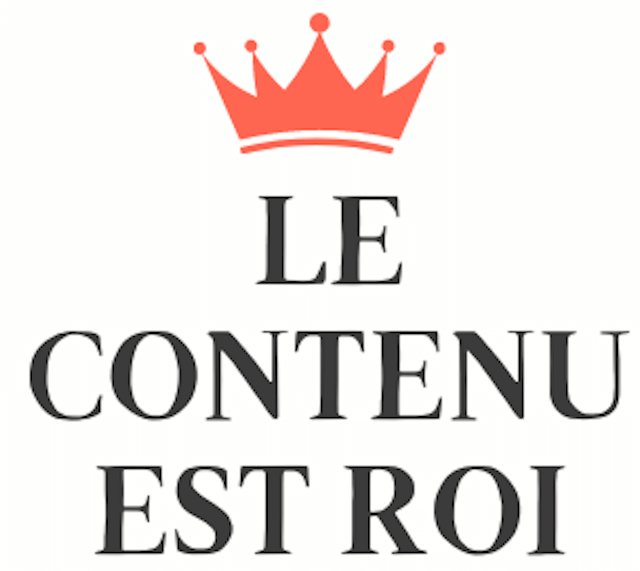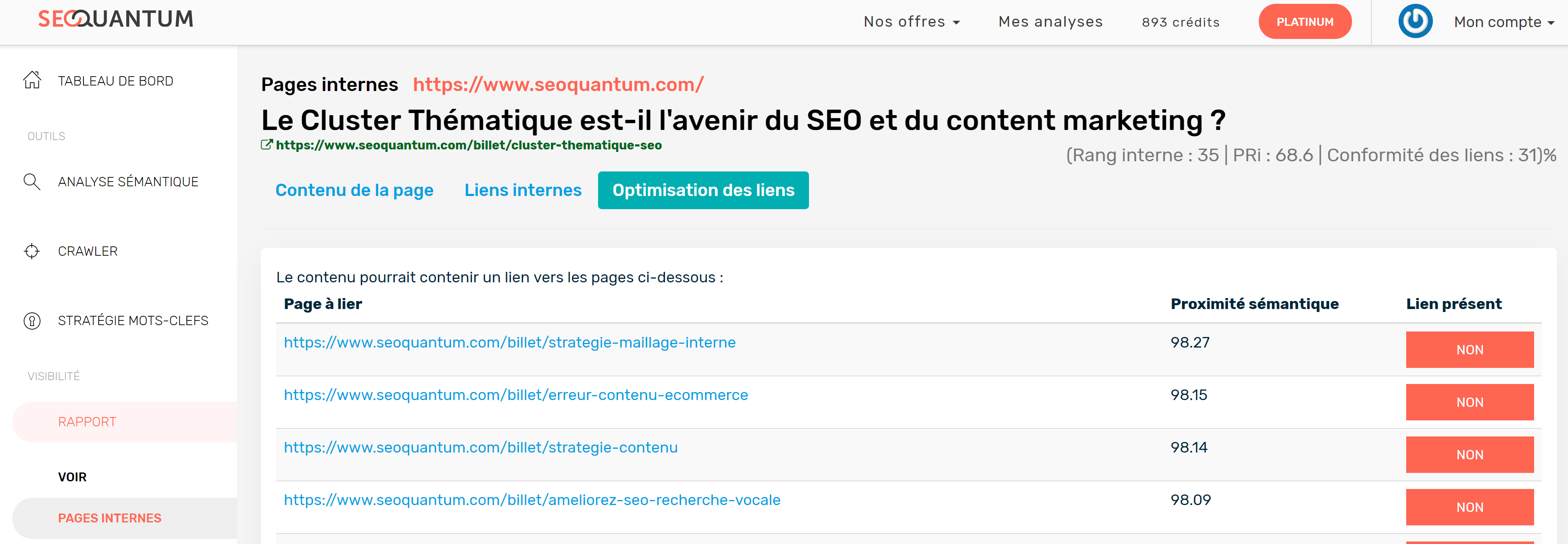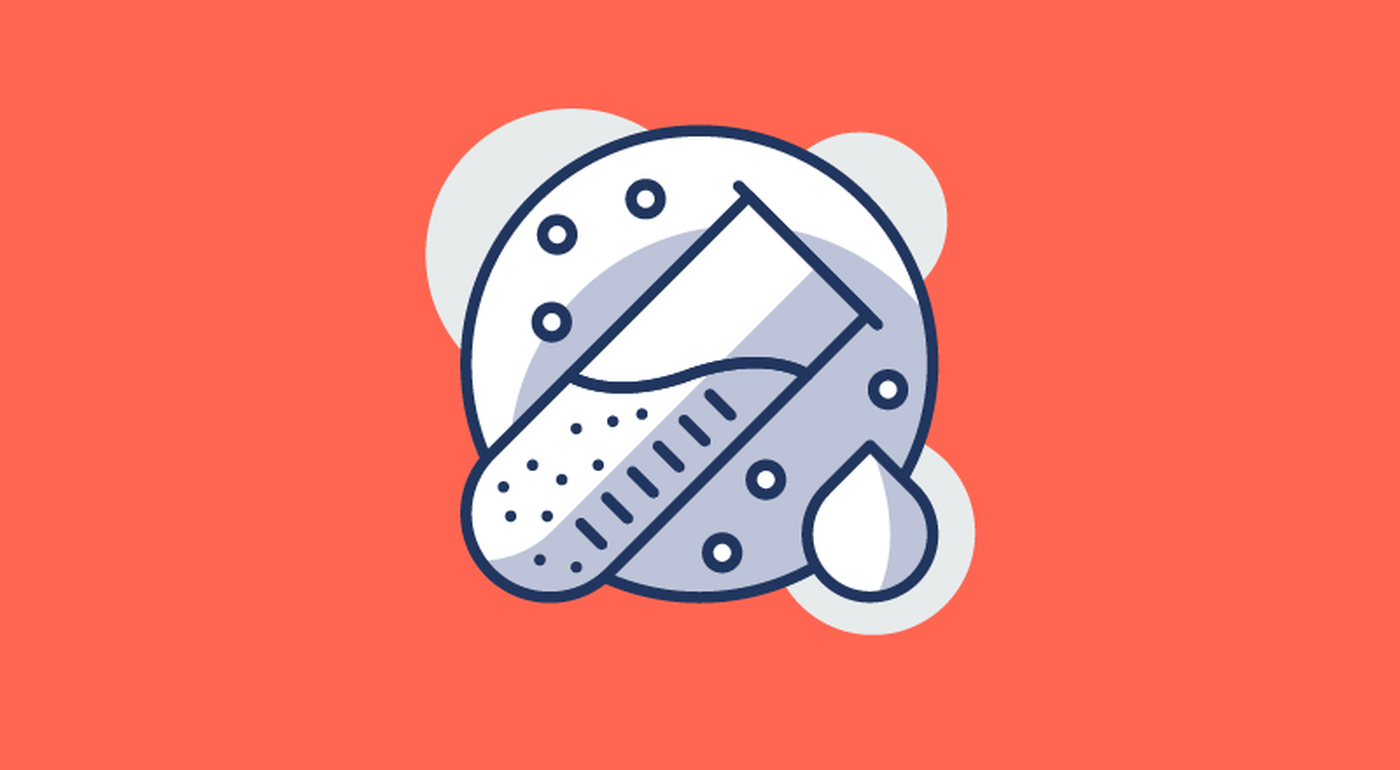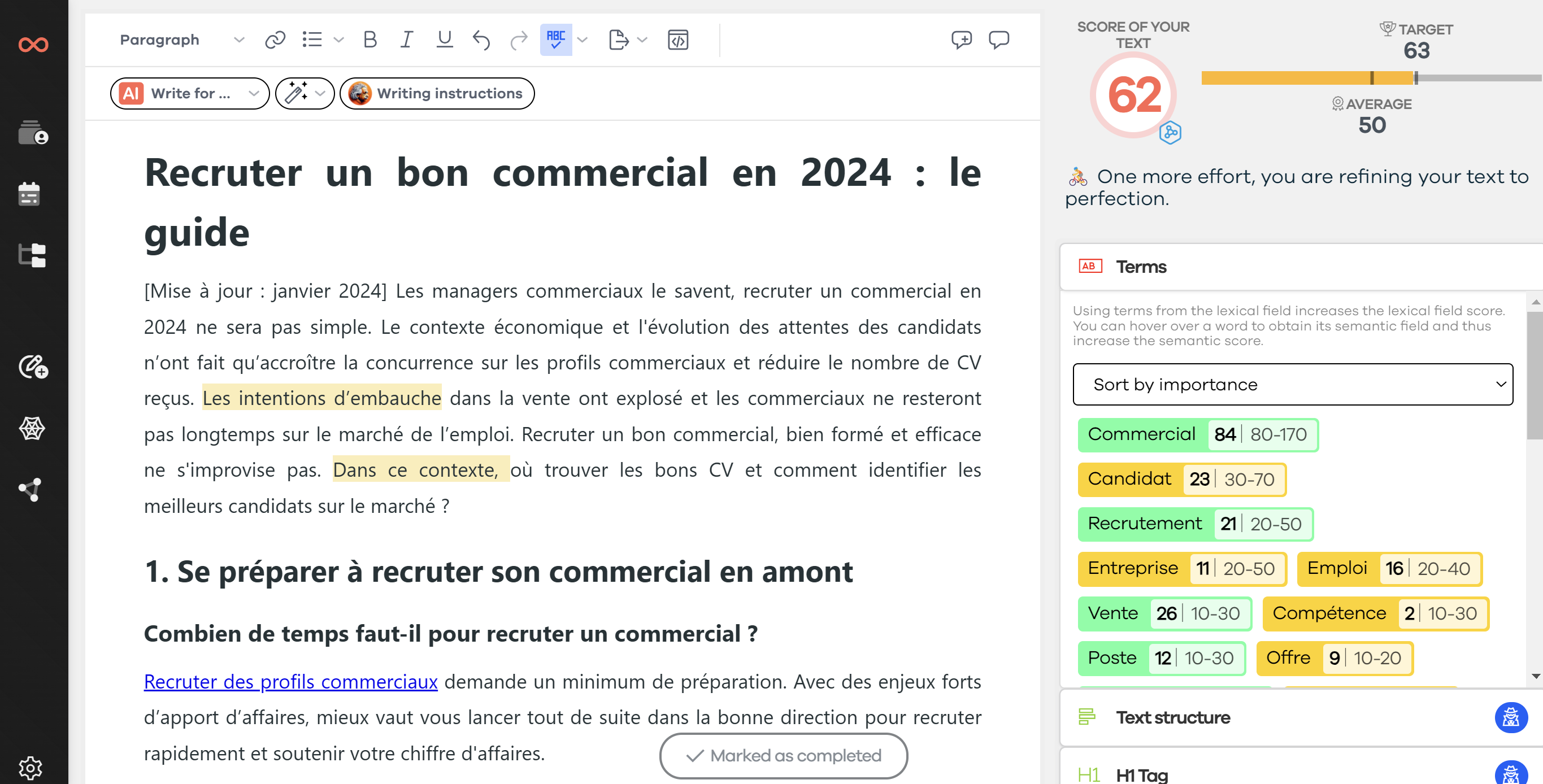This article follows a conversation with a client who asked me for my top SEO tips that I use outside of link building (this client primarily wants to avoid any penalties).
As you may already know, link building is the most widely used method by the majority of the SEO community. Over time, Google has started to penalize certain backlink acquisition methods. That's why it's important to explore other ways to improve a page's ranking.
Here are the tips you can implement to improve your ranking on Google. These tips are ranked in order of priority: from the tip that has the most impact on your SEO to the one that will have less effect.
🚀 Quick Read: Summary of the 6 SEO Tips to Optimize Your Content
There are over 200 factors taken into account by search engine algorithms! However, they don't all have the same importance... In my opinion, here are the 6 SEO tips to know to improve the visibility of your pages on the web.
- Improve the quality of your texts: Update your content and add value to it to perfectly meet the search intent of the user.
- Comply with Google EAT criteria: Expertise, authority, and trust (or credibility) are the foundation of your SEO content strategy.
- Perfect internal linking: Give power to your content pillars by respecting the hierarchy of your keyword clustering.
- Work on long-tail keywords: Attract qualified traffic to significantly improve your conversion rate.
- Enrich the semantics of your content: Position your pages on hundreds of key queries.
- Place external links pointing to authoritative sites: Be transparent with your readers and prove to Google that it can trust your website.
1️⃣ Tip #1 — Improve Content

As you know, content is king. Google's algorithm takes into account the freshness of content. When you update the content of a page, you refresh it. This is very easy to do. It allows you to quickly improve your ranking without having to obtain links. Moreover, Google rewards content that improves slowly over time. This "slow improvement" shows that the site is actively managed and organized and does not use automatically generated content.[1]
Revisiting the content you've published to improve it is important. It's not uncommon for new events to have occurred since the article was published. Updating content makes it more relevant and ensures that it remains relevant. Google is not always able to know if your content is up-to-date. By updating it, you send a signal that allows it to establish its relevance. Google will reward you by improving your ranking.
Moreover, in September 2022, Google made an update to its algorithms known as the "Helpful Content Update". Although nothing really new was announced, it's still an excellent reminder. Content quality is paramount for Google as it increasingly becomes a response engine. Thus, texts that are of no interest to readers or are outdated have less and less chance of appearing in search results.[2]
2️⃣ Tip #2 — Demonstrate the Trust Level of the Site
Officially published in 2018, Google's recommendations known as Google EAT confirmed what many SEO professionals already suspected at that time. The search engine determines the trust and authority rate of a site based on specific criteria.[3]
Although not all the listed elements directly concern "on-page" optimization, you can influence them by optimally working on your content. Behind this 3-letter acronym are the following pieces of information:
- "E" for expertise: Prove your expertise by using some of the tips provided in this article (content updates, internal linking, coherent semantics, and external links pointing to reliable sites), as well as by providing accurate information about the copywriters.
- "A" for authority: This mainly concerns the links pointing to your site (backlinks). These must come from quality sources, and the content must deal with the same theme. By working exhaustively on your texts, you will obtain this kind of link!
- "T" for trust: These are all the additional elements you add to your site to demonstrate its trust level. This includes terms and conditions, legal notices, secure payments, HTTPS-protected site, and privacy policy.
3️⃣ Tip #3 — Link Site Pages Together
While this method relies on links, it involves internal links, meaning links that lead to a page on the same website. If some of your pages don't link to other pages on the same site, fix that.
You will quickly see dramatic improvements simply by browsing your site's pages and adding internal links in appropriate places.
How to do it?
The Google Command
You should use links pointing to the most relevant content on your site. A simple way to identify this content is to go to Google and type site:example.com (keyword). The keyword here is the exact expression you want to rank for.
Google will show you the best-ranked pages for that keyword, sorted by importance. Use the top 3 or 4 posts and add a link in the content of the page you want to optimize. Google will then visit these pages and index the new links. Your article's position will be immediately improved.
The Semantic Crawl Tool
In SEOQuantum's semantic crawl tool, you will find under the "Optimization of Links" tab, a list of recommended pages to link together.

I still recommend limiting yourself when using exact match keywords. If you decide to use five links, limit yourself to two exact match keywords and then use related terms. Exact match link anchors can harm the ranking of the page. While this is especially true for external links, internal links are also affected. You should avoid over-optimizing a page for a specific keyword.
4️⃣ Tip #4 — Add Long-Tail Keywords to Content
It goes without saying that the more long-tail keywords you have, the more ranking opportunities you have on Google. It's recommended to consider all the additional search queries on which a page can be ranked and include them in the content. By adding a paragraph or two containing these additional keywords, you allow your page to be ranked on more expressions.
Moreover, by properly working on the semantics of your content, you will be able to position your pages on long-tail keywords without even having to force yourself. Indeed, this content optimization technique is ideal for matching Google query formulations and thus best meeting the user's search intent.
5️⃣ Tip #5 — Stop Keyword Stuffing
Over-optimization is often the reason why a page doesn't appear in the results. A too-high keyword density is often the cause of this malfunction. If your page doesn't appear at all in the results, not even in the top 1000, while your content is superior to most of the pages listed there, you have probably been penalized due to over-optimization.
**By reducing keyword stuffing, you will be able to remedy this problem. When Google revisits your page and discovers that your article is no longer over-optimized, it will change your ranking.[4]
Matt Cutts recommends always writing in a natural way. This should help you in most cases. We have written a guide on On-page SEO that explains in detail how to use keywords in a balanced way.
The advantage of Keyword Stuffing is that it can be easily reversed: after corrections, Google will quickly lift the penalties. For example, I have noticed improvements in just two days. Most often, you will have to wait ten days for the change to take effect. Generally, I fix the problem of repeating the same word, then revisit the page a week later to see if there have been any improvements.
6️⃣ Tip #6 — Link to Relevant, High-Quality Content
[{"fid":"236","view_mode":"teaser","fields":{"format":"teaser","alignment":"right","field_file_image_alt_text[und][0][value]":"Matt Cutts","field_file_image_title_text[und][0][value]":false},"type":"media","field_deltas":{"2":{"format":"teaser","alignment":"right","field_file_image_alt_text[und][0][value]":"Matt Cutts","field_file_image_title_text[und][0][value]":false}},"attributes":{"alt":"Matt Cutts","class":"media-element file-teaser media-wysiwyg-align-right","data-delta":"2"}}] Matt Cutts published an article on optimizing for Pagerank. Matt explains something that is extremely interesting.[5]
He writes:
> "As I mentioned in passing, part of our system encourages and rewards sites with quality link building."
The implications of this sentence are significant. "Part of our system encourages and rewards sites with quality link building." In other words, quality links help Google's algorithm trust your site.
Not all links are beneficial. However, being linked to a high-quality, relevant website that Google already trusts is a very good thing. It shows that your site is a useful resource on the subject.
As Matt Cutts says, it's a signal that Google's algorithm will reward. You can, therefore, improve a page's ranking by choosing your links wisely. Don't hesitate to add a few links to reliable sources to improve your ranking.
In summary, while external links help improve ranking, it's not the only tip. On-page SEO, writing new content, monitoring keyword stuffing, and updating content are just as important.
It's your turn to play! Quickly, you can improve your site's internal linking to push the most important pages (refer to the previous tips). Then, gradually review the content with good SEO potential and optimize it as follows:
- update the information (titles and description included);
- improve the semantics;
- add value if necessary;
- carefully place internal and external links (of quality!).
The result may surprise you! 😊
🙏 Sources used to write this article
[1] https://developers.google.com/search/blog/2011/05/more-guidance-on-building-high-quality
[2] https://developers.google.com/search/blog/2022/08/helpful-content-update
[3] https://static.googleusercontent.com/media/guidelines.raterhub.com/en//searchqualityevaluatorguidelines.pdf
Need to go further?
If you need to delve deeper into the topic, the editorial team recommends the following 5 contents:

